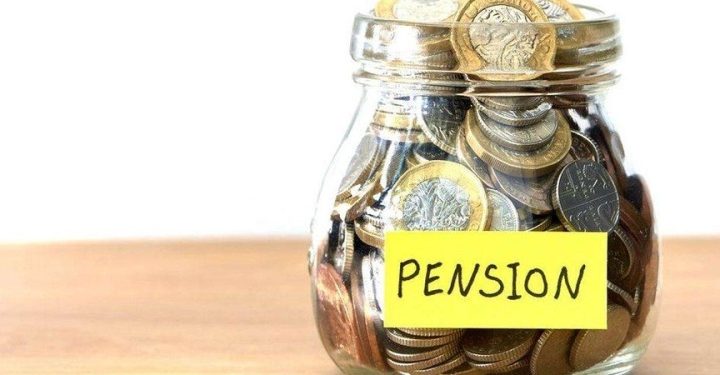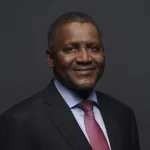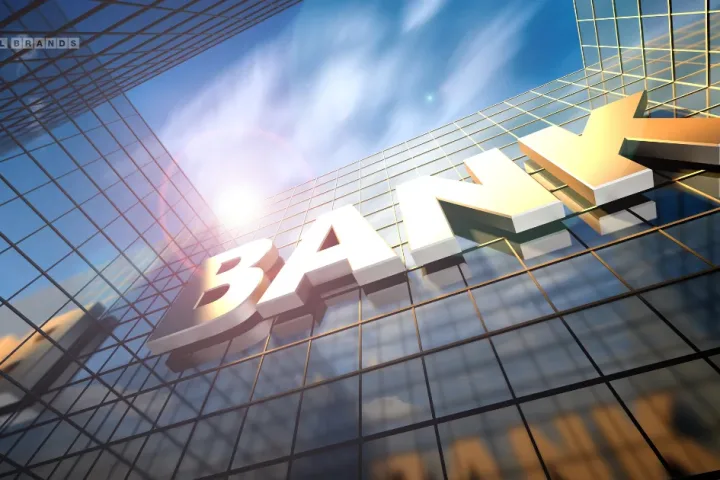Nigeria’s debt servicing cost soared to about $2.2 billion in the first five months of 2024, according to the latest data from the Central Bank of Nigeria (CBN).
This figure represents nearly half of the $4.8 billion that Fitch Ratings projected for the entire year.
Join our WhatsApp ChannelThe CBN’s International Payments Data showed that the Federal Government (FG) spent the most on debt servicing in May, reaching $854.36 million, the highest single-month expenditure over the past year.
This amount is approximately 297% higher than the $215.20 million spent in April and 286.49% higher than the $221.05 million spent in May 2023.
Rising Debt Service Payments Noted By CBN
In the first five months of 2024, Nigeria’s monthly debt servicing costs fluctuated:
- $215.20 million in April
- $276.16 million in March
- $283.22 million in February
- $560.52 million in January
The total amount spent on debt servicing during this period was about 96.32% higher than the $1.12 billion spent in the same period in 2023. According to FBNQuest Research, Nigeria’s external debt service payments rose by $1.1 billion to $3.5 billion in 2023.
Future Borrowing Plans
Based on the 2024 budget, the FG plans to borrow an additional N1.8 trillion from external sources and another N1.1 trillion from concessional lenders. This anticipated rise in external debt service payments aligns with Fitch Ratings’ prediction that Nigeria’s external debt servicing will increase by $400 million to $5.2 billion next year.
CBN Reveals World Bank Assistance
The Minister of Finance and Coordinating Minister of the Economy, Wale Edun, revealed that Nigeria will receive funds from the World Bank soon.
READ ALSO: CBN Could’ve Saved Heritage Bank To Protect Depositors’ Funds – Economist
Speaking in an interview on Channels TV on June 2, Edun said, “In two weeks, the board of the World Bank will consider a $2.25 billion package for Nigeria, of like virtually free or almost grant funding, very low interest. And it is not being given on conditionalities. A large part of it, $1.5 billion, is what they call Development Policy Financing.”
Edun emphasized that this funding recognizes efforts to stabilize Nigeria’s economy. “It just shows that we know how to use the multilateral development banks to our advantage,” he added.
Eurobond Issuance
The FG also plans to issue a Eurobond in the second half of 2024. Bloomberg reported that Citibank NA, Goldman Sachs, and JPMorgan Chase & Co have been hired as advisors for this issuance.
Decline in Letters of Credit
Meanwhile, CBN data indicated a significant decline in Letters of Credit (LCs) in the first five months of 2024. LCs, used for the importation of goods, dipped by 63.26% to $279 million from $762.03 million in the same period in 2023. A report from CSL blamed this dip on the nation’s foreign exchange (FX) crisis.
FX Crisis Impact
The FX crisis, marked by a shortage of foreign currency, depreciation of the Naira, and stringent foreign exchange controls by the CBN, has severely impacted the issuance and utilization of LCs. “The depreciation of the Naira has made it more expensive for importers to secure the foreign currency needed for LCs,” the CSL report stated. “Fluctuations in the exchange rate increase the financial risk for both importers and banks.”
Despite these challenges, the CBN’s International Payments Data showed a positive trend in direct remittances, which reached $841 million in the first five months of 2024, about 28.55% higher than the $654.51 million recorded in the same period in 2023.
As Nigeria continues to grapple with rising debt service costs and an ongoing FX crisis, the CBN’s data underscores the urgency for strategic financial management and effective economic policies.
The forthcoming World Bank assistance and Eurobond issuance are steps toward addressing these challenges, but the road ahead remains fraught with economic uncertainties.
Emmanuel Ochayi is a journalist. He is a graduate of the University of Lagos, School of first choice and the nations pride. Emmanuel is keen on exploring writing angles in different areas, including Business, climate change, politics, Education, and others.


















Follow Us